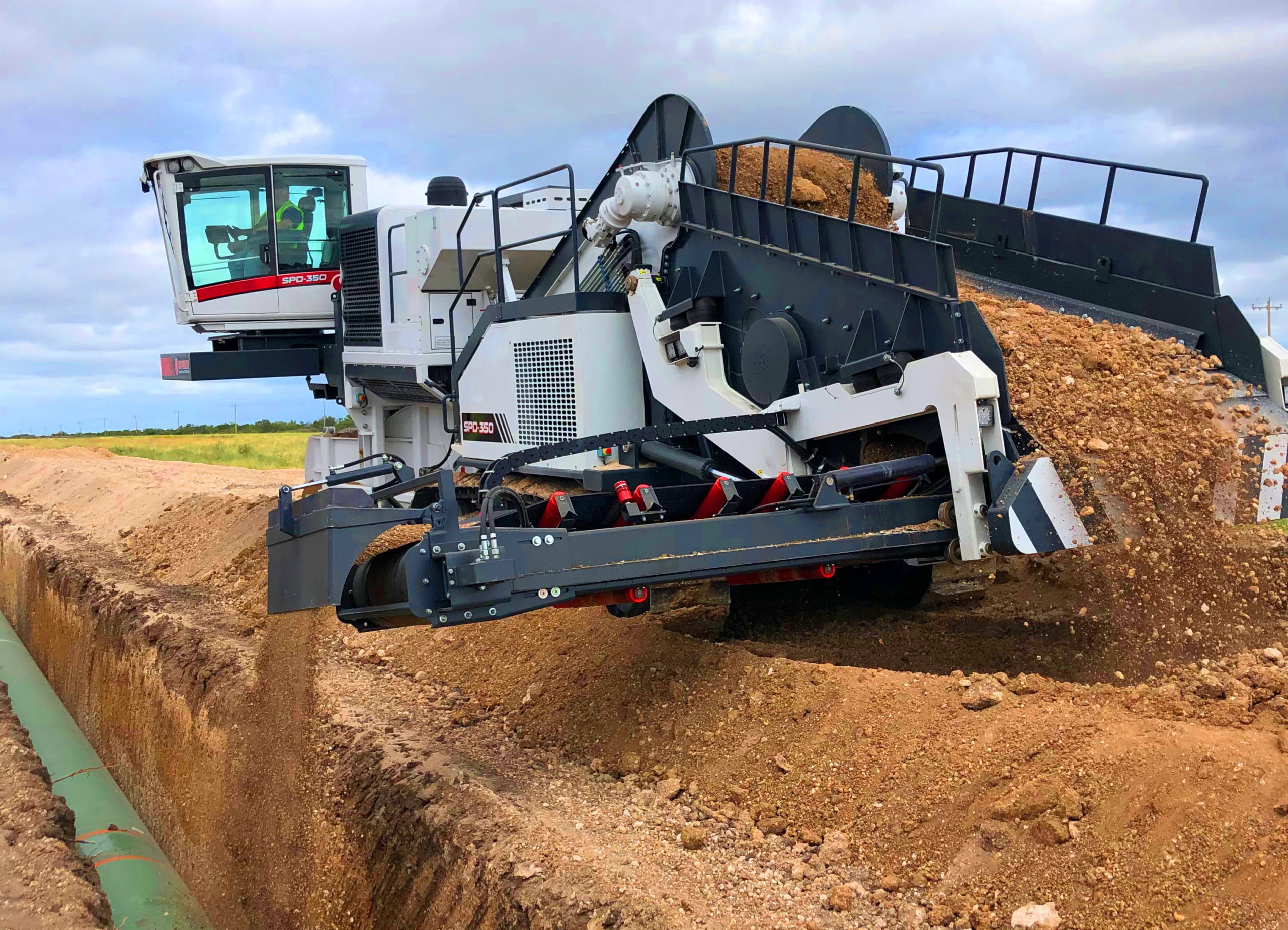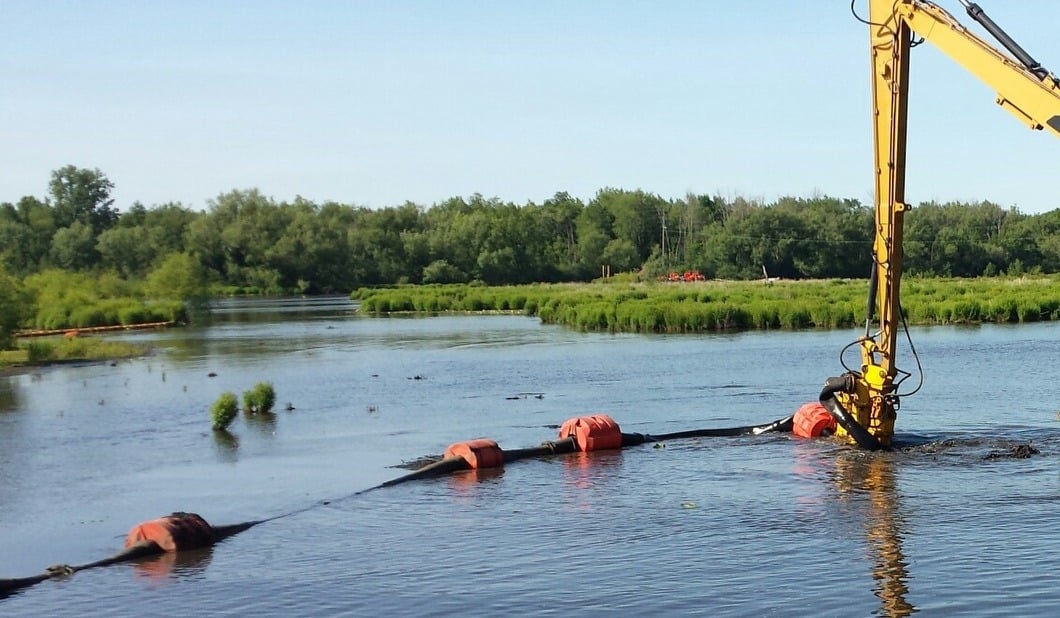Superior Rentals midland: detailed overview for businesses and contractors
A Comprehensive Overview to the Various Sorts Of Oil Field Equipment and Pipeline Equipment Available
The oil and gas market counts heavily on specific tools for efficient extraction and transport. Various kinds of equipment, from drilling rigs to storage tanks, play essential roles in this complex procedure. Each tool serves distinct functions that add to total functional success. Comprehending these components is vital for any individual associated with the market. As the industry progresses, so too do the technologies that support it. What improvements are on the horizon?

Drilling Rigs: The Foundation of Oil Expedition
Drilling rigs offer as the necessary equipment in the domain name of oil exploration, enabling companies to gain access to hydrocarbon books buried deep under the Planet's surface area. These rigs come in numerous kinds, including land rigs, offshore rigs, and mobile systems, each created to operate in certain environments. Equipped with innovative innovation, drilling rigs can permeate geological formations with precision, making sure effective source extraction. The architectural integrity and functional capabilities of these rigs are critical, as they have to hold up against severe problems and substantial stress. The selection of a drilling rig impacts the total project price and timeline, making it an important factor to consider for oil firms looking for to enhance their expedition initiatives and optimize efficiency in their operations.
Pumps: Essential for Fluid Movement
In the oil removal process, the duty of pumps is significant, facilitating the activity of fluids throughout different stages of manufacturing. Pumps are crucial for carrying unrefined oil, water, and other fluids from underground reservoirs to the surface and then through pipes to refineries. They come in numerous kinds, consisting of centrifugal, favorable displacement, and submersible pumps, each serving specific functions based upon the fluid characteristics and operational requirements. Centrifugal pumps are typically made use of for their efficiency in high-flow applications, while favorable displacement pumps excel in dealing with thick fluids. The choice of pump influences general efficiency, operational safety, and maintenance expenses. Correct choice and upkeep of pumps are important for optimizing manufacturing and reducing downtime in oil field operations.
Shutoffs: Controlling Circulation and Pressure

Shutoffs play an essential duty in taking care of the circulation and stress of liquids within oil areas and pipes. Various kinds of valves offer distinctive applications, each created to fulfill certain features fundamental for reliable procedure - Superior Rentals midland. Understanding the qualities and uses these valves is essential for enhancing system performance and safety and security
Kinds of Valves
Crucial parts in oil field operations, shutoffs play an important function in managing the circulation and pressure of liquids within pipes and tools. Numerous kinds of valves are made use of to satisfy the varied requirements of oil and gas manufacturing. Common types include gateway valves, which supply a straight-line flow and marginal pressure drop; world valves, understood for their throttling abilities; and ball valves, recognized for their fast on/off control. Additionally, check valves stop heartburn, while butterfly shutoffs offer a light-weight service for controling flow. Each valve type is designed with certain materials and arrangements to hold up against the rough problems commonly discovered in oil areas, making certain integrity and efficiency in procedures. Understanding these kinds is critical for efficient system monitoring.
Valve Applications and Functions
While various kinds of valves offer distinctive objectives, their main applications revolve around controlling circulation and stress within oil and gas systems. Shutoffs such as entrance, world, and sphere valves manage liquid motion, ensuring peak performance and security. Entrance valves are frequently utilized for on/off control, offering very little circulation resistance. World valves, on the other hand, deal exact circulation guideline, making them suitable for throttling applications. Ball shutoffs are favored for their fast procedure and limited sealing capabilities. Furthermore, pressure safety valve are essential for preventing system overpressure, guarding tools integrity. On the whole, the appropriate option and application of shutoffs enhance functional effectiveness, guaranteeing the trusted transport of oil and gas with used track loaders for sale pipelines and processing facilities.
Compressors: Enhancing Gas Transport
Compressors play an essential role in the efficient transport of all-natural gas, making sure that it relocates smoothly via pipelines over long distances. These tools raise the pressure of gas, enabling it to get over rubbing and elevation changes within the pipeline system. Furthermore, compressors assist in the balancing of supply and demand, fitting fluctuations in consumption and manufacturing prices. Different kinds of compressors are used in the sector, consisting of centrifugal, reciprocating, and rotating screw compressors, each offering distinct benefits based on the operational requirements. Routine upkeep of these compressors is vital to make the most of effectiveness and reduce downtime, eventually adding to a dependable gas transportation network. Their essential function emphasizes the value of compressors in the total oil and gas infrastructure.
Storage Tanks: Safe and Reliable Liquid Administration
Effective transport of gas relies on different supporting systems, one of which is the correct administration of storage containers. These containers play an essential role in safely having fluids, making certain that functional effectiveness is maintained while reducing ecological threats. Created from durable materials, they are made to stand up to high pressures and harsh aspects. Effectively sized and purposefully situated, tank assist in the smooth circulation of gas and various other liquids, preventing traffic jams in supply chains. Normal upkeep and tracking are essential to discover leaks or architectural concerns, promoting safety and conformity with governing criteria. Eventually, the effective administration of tank is crucial for the general integrity and dependability of the oil and gas industry's liquid handling systems.
Pipeline Solutions: Framework for Transport
Pipeline systems act as the backbone of the oil and gas industry, assisting in the effective transport of hydrocarbons over huge distances. These systems are composed of various parts, including pipes, valves, pumps, and compressors, all thoroughly made to guarantee seamless flow. The products made use of in pipeline building and construction, commonly steel or high-density polyethylene, are selected for resilience and resistance to deterioration. Pipeline networks can cover throughout land and water, linking manufacturing websites to refineries and circulation. In addition, progressed modern technology allows real-time surveillance of flow rates and pressure levels, enhancing operational effectiveness. The calculated positioning of these pipes decreases environmental impact while making best use of source accessibility, therefore playing a crucial duty in conference power needs worldwide.
Security Equipment: Making Sure Employee and Environmental Protection
The procedure of pipeline systems, while crucial for energy transport, also provides significant security obstacles for workers and the setting. Safety equipment plays a significant function in mitigating these threats. Individual protective tools (PPE) such as safety helmets, gloves, and non-slip shoes safeguards employees from physical risks. In addition, gas discovery systems keep an eye on for leakages, ensuring that unsafe substances do not pose a risk to personnel or the surrounding ecosystem. Emergency shutdown systems are critical for swiftly stopping procedures during a situation, avoiding possible disasters. Spill containment products, consisting of absorbents and obstacles, are essential for decreasing ecological impact. In general, purchasing all-encompassing safety and security devices is essential for preserving functional integrity and safeguarding both workers and the environment in the oil and gas market.

Regularly Asked Questions
Just how Do I Choose the Right Oil Field Equipment for My Project?
Picking the best oil field tools includes reviewing project requirements, budget plan restrictions, and functional demands. Consider factors such as devices reliability, compatibility with existing systems, and the distributor's reputation to assure peak performance and safety and security.
What Are the Upkeep Demands for Oil Field Equipment?
Maintenance needs for oil area equipment consist of normal assessments, lubrication, and timely repair work. Operators must also stick to producer standards, monitor performance metrics, and warranty compliance with safety and security policies to boost long life and efficiency.

Just How Can I Ensure Conformity With Environmental Regulations?
To assure conformity with environmental guidelines, business need to perform regular audits, execute finest techniques, spend in training, maintain correct paperwork, and stay upgraded on regulations (Superior Rentals near me). Collaboration with ecological companies can likewise enhance adherence to laws
What Is the Average Life Expectancy of Pipeline Equipment?
The typical lifespan of pipeline tools typically ranges from 20 to half a century, relying on factors such as worldly quality, environmental conditions, and upkeep practices. Normal assessments can greatly influence durability and functional effectiveness.
Just how Do I Safely Carry Oil Field Equipment to Remote Locations?
Delivering oil field equipment to remote places needs mindful preparation, including course analysis, safeguarding authorizations, making use of appropriate vehicles, and guaranteeing safety and security methods are complied with. Proper training and communication amongst teams are vital for successful transport.